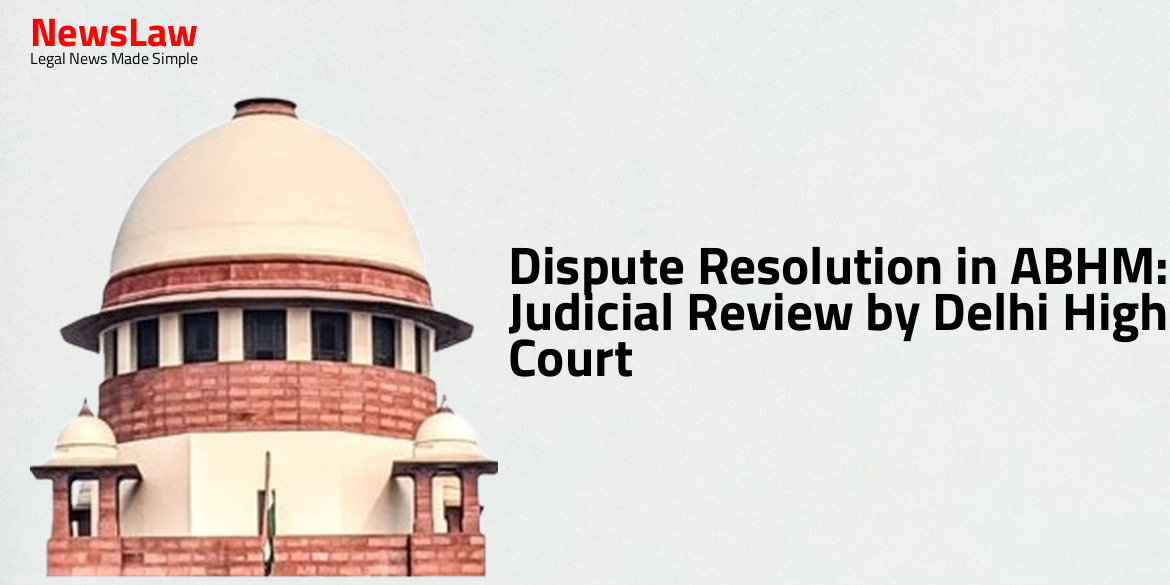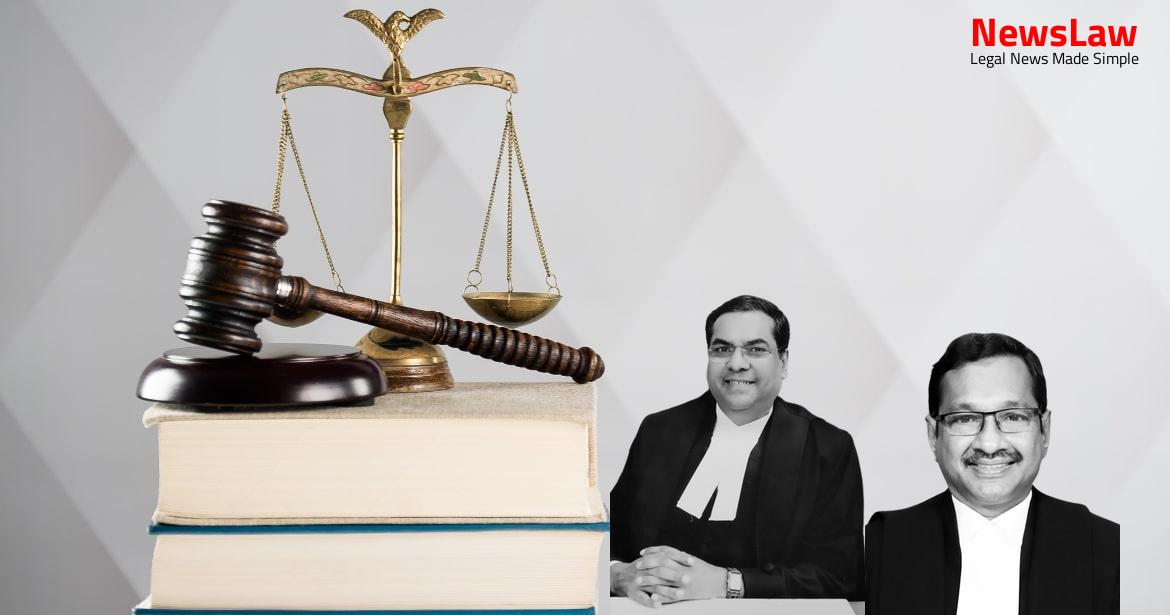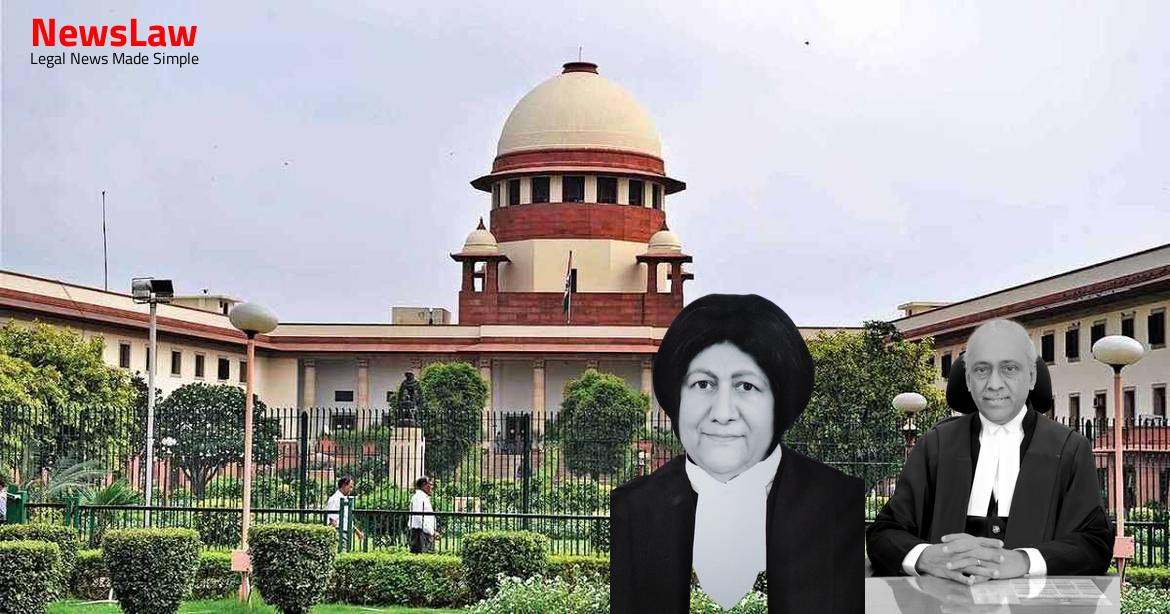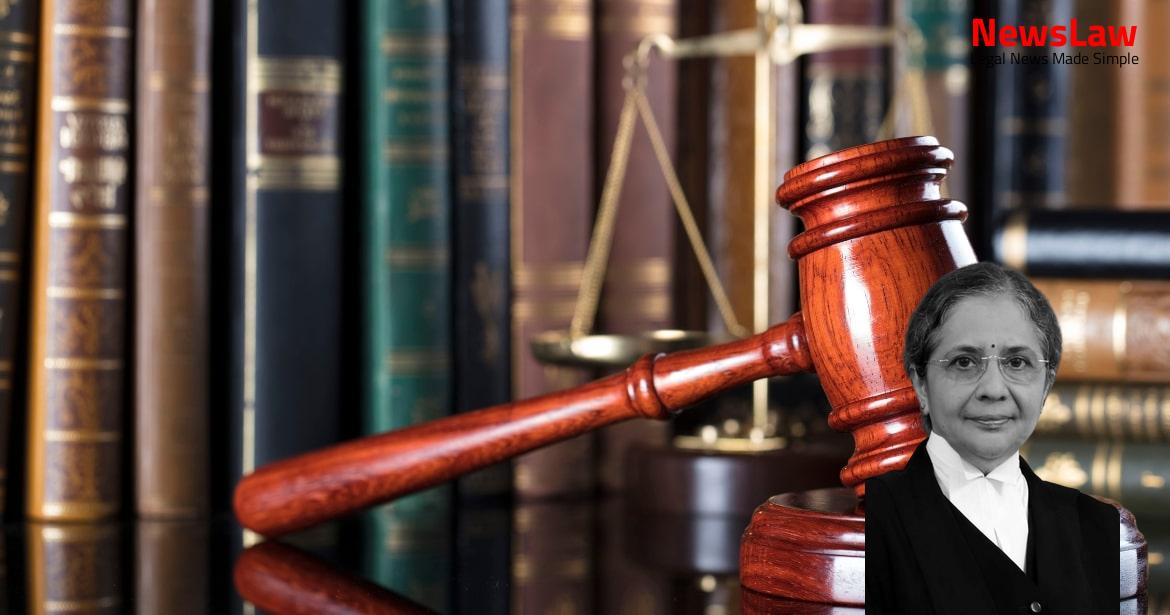In a significant legal case concerning the dispute resolution within ABHM, the Delhi High Court has provided a thorough judicial review. This judgment addresses the long-standing internal conflicts within ABHM and emphasizes the importance of seeking legal recourse for such disputes. Stay informed about the latest developments in this crucial legal matter.
Facts
- Civil suits bearing Nos. 147/2021 and 224/2022 have been instituted by Sushree Rajyashree Chaudhuri and Swami Chakrapani Ji Maharaj respectively seeking recognition as lawful office bearers of ABHM.
- However, since there is no approved list of office bearers of ABHM, the suits were dismissed under the Civil Procedure Code, 1908.
- ECI issued a letter on 27.03.2024 directing Chief Electoral Officers not to accept Form A and Form B from anyone claiming to represent certain unrecognized political parties, including ABHM.
- Disputes regarding the election of office bearers of ABHM have been ongoing since 22.02.2019.
- ECI reviewed its decision dated 11.11.2010 after receiving objections to Swami Chakrapani’s claim.
- The Division Bench stated that any person claiming to exercise their rights as President/office bearer must seek a declaration to that effect.
- Individuals cannot hold office based solely on others not approaching the Court of Law.
- Inter se disputes within unrecognized political parties need to be resolved through a civil suit.
- The Election Commission of India (ECI) does not have the authority to decide inter se disputes of unrecognized political parties.
- The trial court found that Swami Chakrapani Ji Maharaj failed to establish a prima facie case.
Arguments
- The Appellant, Swami Chakrapani Ji Maharaj, claims to be the National President of ABHM, amidst internal disputes within the political party since 2004.
- Despite the dismissal of civil suits and lack of evidence of being the elected President, the Appellant’s claim was not recognized.
- The Appellant raised contentions against orders of the Division Bench, leading to a review petition in 2012.
- The Election Commission of India (ECI) has been facing unresolved disputes regarding the office bearers of ABHM.
- The ECI cannot adjudicate internal disputes of a political party like ABHM but can determine symbol grants based on precedents.
- Court observations emphasized resolving internal disputes of ABHM through civil suits.
- There is no recognized office-bearer established, and the Appellant’s claim to the presidentship needs a civil suit declaration.
- The pursuit of remedies in civil suits is highlighted as the only course of action for the Appellant in claiming the ABHM presidentship.
- Reliance has been placed on Chandra Prakash Kaushik W.P.(C) 6691/2024 & W.P.(C) 6724/2024
- Reliance has been placed on Swami Chakrapani
- Reliance has been placed on Janata Party v. Election Commission of India 10
Analysis
- The Election Commission of India (ECI) could not have recognized Swami Chakrapani as the President of ABHM on 11.11.2010 due to internal disputes within the party.
- Article 14 of the Constitution of India does not allow for unequal treatment.
- The decision made by ECI on 11.11.2010 was administrative and not quasi-judicial, as ECI lacked the jurisdiction to decide internal disputes of an unrecognized political party.
- ECI is empowered to decide disputes within recognized political parties, not unrecognized ones like ABHM.
- The disputes regarding the presidency of ABHM have been ongoing since 2004, indicating lack of resolution within the party.
- Even though there are pending civil suits related to the disputes, the court cannot issue directions to ECI to recognize a specific individual as the President of ABHM.
- ECI’s corrective action on 14.01.2011 was found to be in accordance with the law.
- The decision on 11.11.2010 by ECI to recognize Swami Chakrapani as the President was deemed beyond its powers and jurisdiction.
- The court should not interfere with decisions that are legally correct, even if they are reviewed or corrected by the concerned authority.
- Presently, there are pending suits and unresolved internal disputes within ABHM, indicating an absence of consensus on the presidency.
- The Supreme Court in Janata Dal (Samajwadi) v. Election Commission of India (1996) 1 SCC 235 has held that the ECI has the power to rescind its orders even without specific authorization.
- Reference is made to State of Odisha v. Anup Kumar Senapati.
- Past acts of the ECI do not confer any legal right on the petitioners to receive the same benefit in violation of legal provisions.
- In Janata Party case, it was noted that unlike disputes within a recognized political party, the ECI is not empowered to resolve conflicts within an unrecognized political party like ABHM.
- Previous instances of the ECI accepting Form A and Form B from individuals on behalf of ABHM do not strengthen the petitioners’ case.
- According to R.R. Verma v. UOI (1980) 3 SCC 402, administrative decisions are not bound by strict judicial procedures.
- Courts should be cautious not to interfere with the election process, especially when it is already ongoing.
- Efforts to delay or obstruct election proceedings must be closely monitored and prevented.
- The court must be vigilant against petitions that may seem harmless but are actually attempts to manipulate the election for ulterior motives.
- Even if a dispute is not restricted by Article 329(b), it should be handled carefully if brought up during the election process.
Decision
- The Lok Sabha Elections were already over.
- The notification for the seventh phase of the elections had been issued.
- The petitions and pending applications are dismissed.
- The last date for filing nominations in the seventh phase is ending on 14.05.2024.
- The prayers made in the petitions cannot be granted.
Case Title: ANIL KUMAR TRIPATHI Vs. ELECTION COMMISSION OF INDIA (2024:DHC:3962)
Case Number: W.P.(C)-6724/2024



